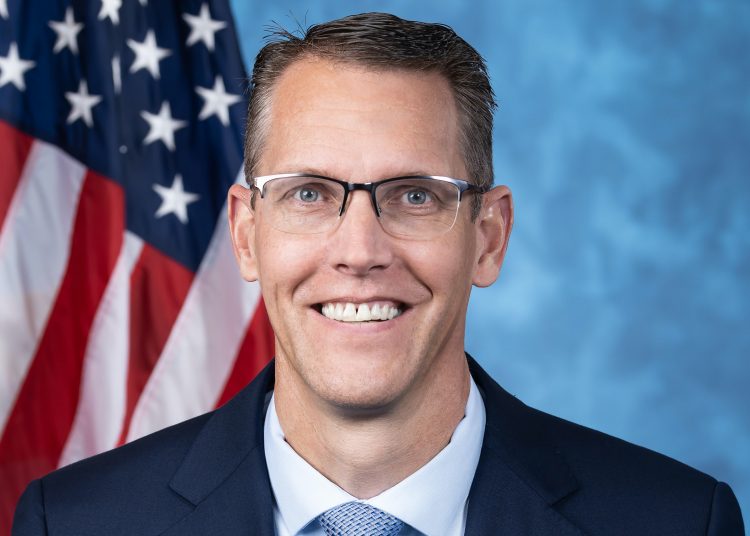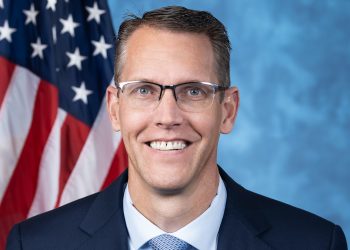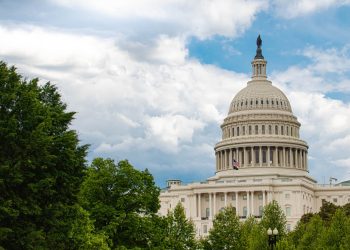WASHINGTON — Today during a Science, Space, and Technology (SST) Committee markup on a funding bill for the National Science Foundation (NSF), U.S. Rep. Randy Feenstra, R-Iowa, successfully passed an amendment prohibiting anyone who receives an NSF grant from participating in programs conducted by adversarial countries like China, Iran, North Korea, and Russia.
Feenstra’s proposal, the Foreign Talents Program Prohibition amendment, aims to prevent U.S. taxpayer-funded researchers from participating in programs that may lead to the theft or unethical transfer of American intellectual property.
“I am pleased my Foreign Talents Program Prohibition amendment passed out of committee with bipartisan support. Universities and scientists have been working with national security and other federal agencies to provide clear guidance on this issue, and it is past time Congress takes action and prevents taxpayer dollars from being spent on research that may end up in the hands of our competitors like China. Moving forward, I will continue working with my colleagues on both sides of the aisle to get this much-needed legislation signed into law,” he said in a released statement.
A proposal Feenstra introduced last week to advance precision agriculture technology was also approved by the committee.
“I have been a strong supporter of bolstering precision agriculture technology. That is why I introduced a bipartisan bill to advance research and development in this field. Sen. Fischer is leading a similar effort in the Senate, and together, I am hopeful we can get this proposal signed into law to help our ag producers improve efficiency and save money by taking a more targeted approach to farming practices,” he said.
Both the Foreign Talents Program Prohibition amendment and the Advancing Internet of Things (IoT) for Precision Agriculture Act language are now included in the National Science Foundation for the Future Act.
The Foreign Talents Program Prohibition amendment defines “malign foreign talent programs” as “any program or activity that includes compensation, including cash, research funding, honorific titles, promised future compensation, or other types of remuneration, provided by the foreign state or an entity sponsored by the foreign state to the targeted individual in exchange for the individual transferring knowledge and expertise to the foreign country.”
The amendment also makes clear that this is not an effort to prohibit the legitimate exchange of scientific ideas and collaboration. It explicitly states that this prohibition should not prevent participation in international conferences, or scholarly presentations of open research.
The Advancing Internet of Things (IoT) for Precision Agriculture Act of 2021 would:
- Encourage the National Science Foundation (NSF) to support research within portfolio balance on advanced sensing systems and networked systems for agricultural areas
- Ask the NSF to take into account rural and agricultural environments where there is often unreliable power or wireless signal as these can affect how the Internet of Things (IoT) technologies operate in rural settings
- Expand the definition of “advanced technology” for NSF’s Advanced Technical Education Program (ATE) to ensure the inclusion of agricultural-related technology
- Update language in NSF’s grant programs in STEM fields to consider incorporating distance learning
- Direct the Government Accountability Office (GAO) to produce a report that provides a technology assessment of precision agriculture innovation and federal programs that support precision agriculture.















